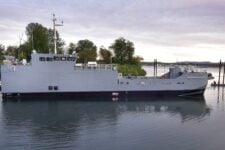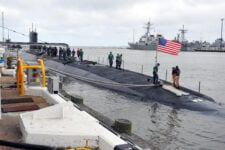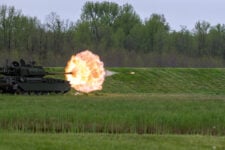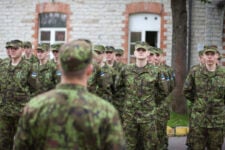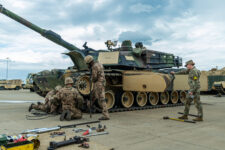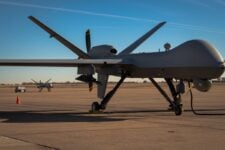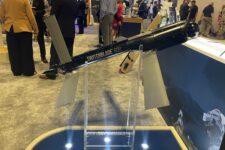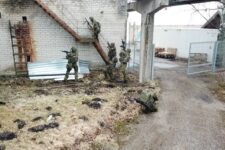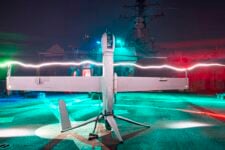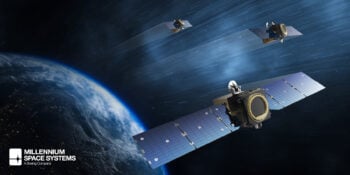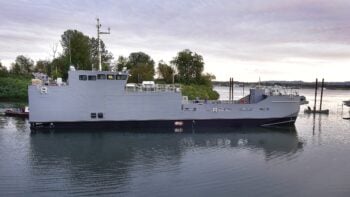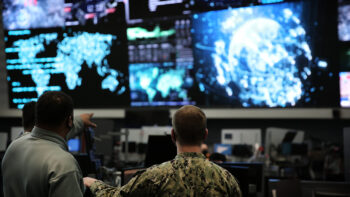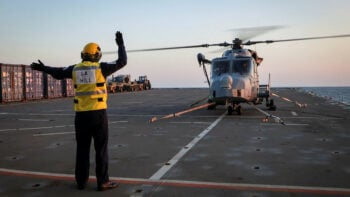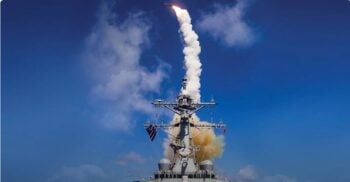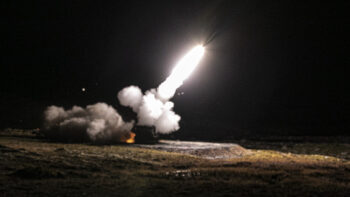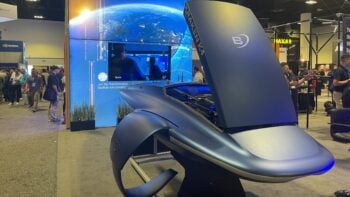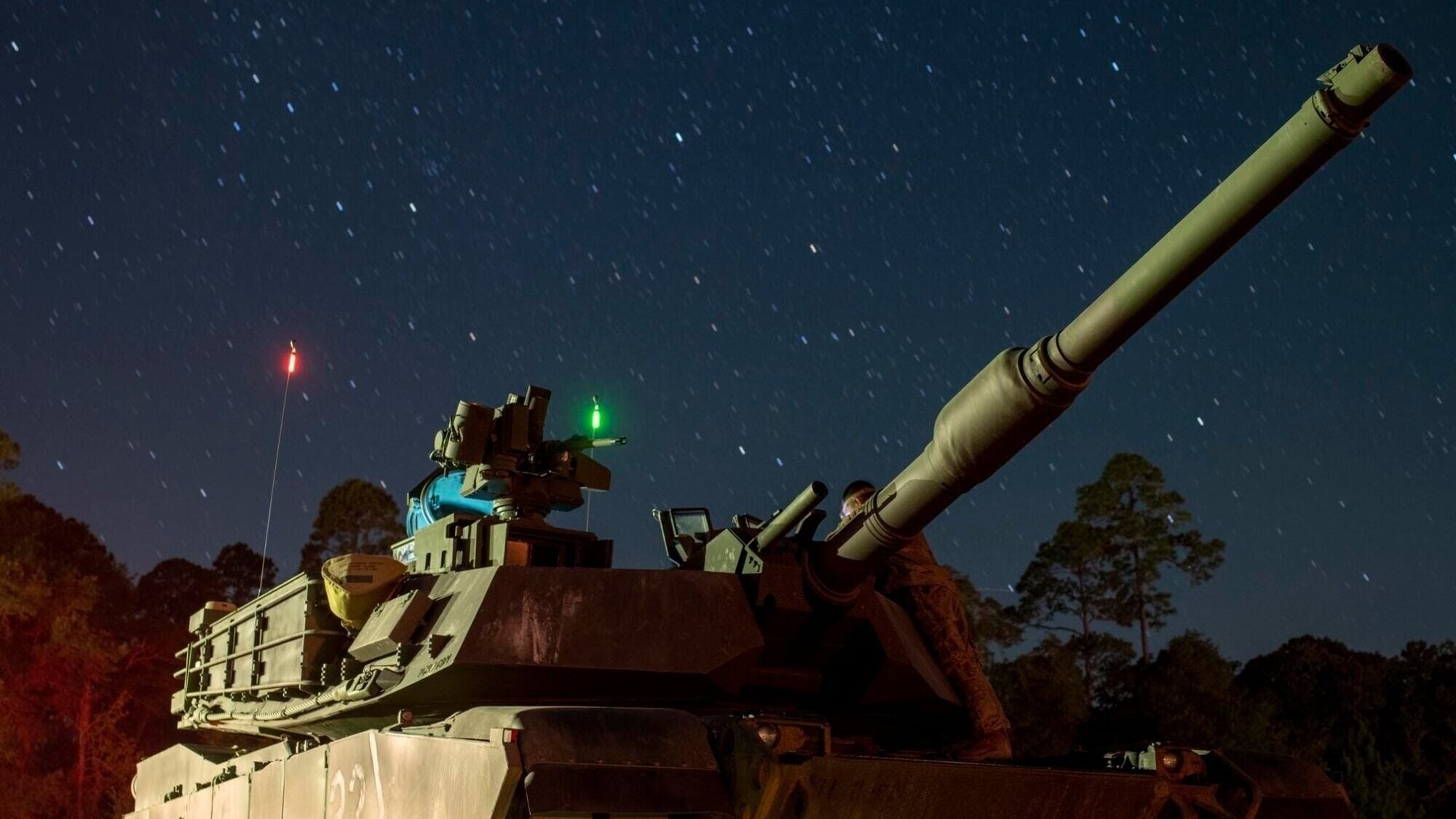
“Spartan Brigade” soldiers inside a M1A2 SEPv3 Abrams tank participate in new equipment training in September 2022. (US Army/1st Lt. Jacob Swinson)
WASHINGTON — The US State Department today approved the potential sale of 50 M1 Abrams battle tanks and other equipment to the Gulf nation of Bahrain in a deal worth an estimated $2.2 billion.
The island nation, which is a close ally of the US in the Middle East and hosts the US Navy’s 5th Fleet, requested 50 of the General Dynamics M1A2 SEPv3 (Systems Enhanced Package) Abrams variants as well as combat recovery vehicles, assault bridges, machine guns and a host of other equipment.
“The proposed sale will improve Bahrain’s capability to meet current and future threats by providing a credible force that can deter adversaries and provide the capability to participate in regional operations with the United States and other U.S. partner nations,” the US Defense Security Cooperation Agency said. “Bahrain will have no difficulty absorbing this equipment into its armed forces.”
RELATED: America’s next tank: Army greenlights more aggressive M1 Abrams upgrade
The M1A2 SEPv3 is currently the most advanced Abrams in operation. The US military was planning a relatively modest upgrade to a SEPv4 variant, but the Army announced in September it was scrapping that plan to pursue a more ambitious next-generation Abrams.
For Foreign Military Sales, the amount of equipment and price point can change as negotiations continue, and lawmakers could always step in to block the deal.
RELATED: Who’s doing what in the international hotspot of the Red Sea
Bahrain, which sits in the Persian Gulf off Saudi Arabia’s eastern coast, is the only Gulf nation to publicly back the US in its defensive naval operation to protect against Houthi attacks in the Red Sea, dubbed Operation Prosperity Guardian — an operation announced by Defense Secretary Lloyd Austin while he was visiting Bahrain.
Aloha: Fixes ongoing, then Army’s new watercraft prototype is Hawaii bound for testing
“Everything that we can knock off that list we will do in the archipelago…because that allows us to do the tests in the environment that the vessel will operate in ultimately,” said Maj. Gen. Jered Helwig.
